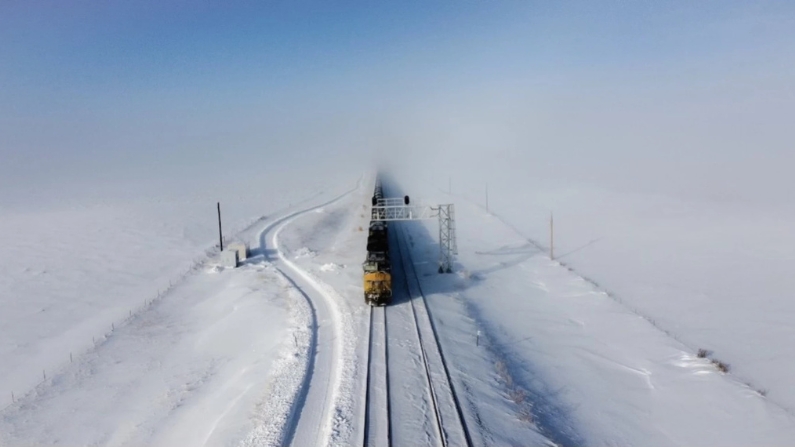Like what you’re reading? Make our newscast part of your daily listening routine. Subscribe on Spotify (or wherever you listen to podcasts).
It’s official – the federal government is ending new coal leasing in the Powder River Basin. Wyoming is looking to the Trump administration for relief, but that might not matter.
The Bureau of Land Management (BLM) adopted the new wording for the Buffalo Field Office Resource Management Plan on Nov. 20. The decision won’t hurt current coal production in the nation’s top coal-producing region. But it prevents any new leases for mining. The agency cites climate change as the top reason.
According to the document, the agency is making “48.12 billion short tons of coal unavailable for leasing consideration in order to reduce greenhouse gas (GHG) emissions as a proxy for climate change.”
Wyoming’s Gov. Mark Gordon released a statement echoing a similar sentiment he’s had on other recent federal decisions for land-use.
“Despite Congress’ direction that federal lands under BLM control be managed for multiple uses, the Biden Administration’s crusade against responsible coal extraction continues,” Gordon wrote in the release. “BLM’s decision intentionally ignores both the energy needs of our nation and the devastating economic impacts its decision has on Wyoming and its communities.”
The industry is a top contributor to Wyoming’s revenue, and the state leads the country in production. But there’s more context.
“Wyoming has been in a decline in coal production for over the last decade,” said Rob Godby, University of Wyoming’s College of Business associate professor who researches energy and public policy. “We ship out more than 90 percent of the coal that we produce. And so what happens to coal is what people decide in other states.”
Godby recently spoke to Wyoming Public Radio about the state of energy in the U.S. and how elections might sway the outcome.
“The president doesn’t really have a lot of control over markets,” said Godby. “Coal is just declining in the United States and North America. There’s really not a lot that can be done about that.”






